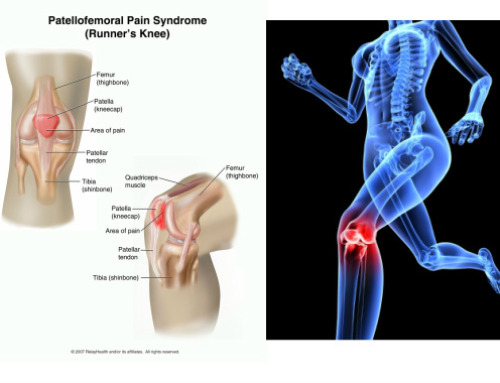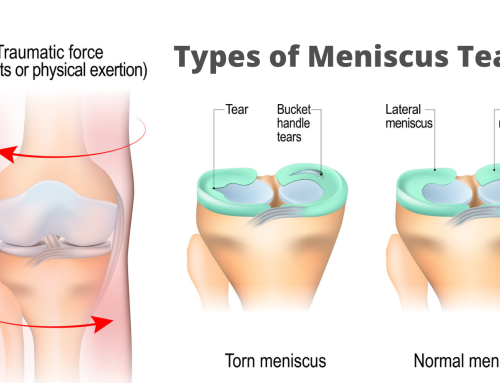By Alex Drury – Exercise Physiologist
What is the relationship between exercise and mental health?
While exercise has long since been connected to improvements in physical health, it has also shown to be highly beneficial in improving people’s mental health. Research has shown that people participating in exercise regularly have better mental heath and emotional wellbeing, alongside having lower rates of mental illness.
While it can be useful in preventing the development of mental illness, regular exercise has also been shown to reduce the severity of symptoms in these people. Studies looking at exercise as a treatment for depression have found that exercise has shown similar benefits to groups taking antidepressant medication.
Similar results have also been found for people with anxiety and stress-related disorders, with symptoms showing a significant reduction when undertaking a structured exercise program.
So why does exercise help improve our mental wellbeing?
Well firstly, as we exercise, the chemistry in our brains and body changes, causing our mood to shift alongside it. Short term benefits like the release of serotonin during and immediately after exercise can help to elevate our mood, while longer term effects such as the reduction in cortisol levels can help to ease depression and anxiety symptoms, while also improving sleep quality at night.
Other benefits also include improving our time management and goal setting, increased social interactions in group exercise settings, and reducing skeletal muscle tension to improve relaxation.
People with more severe mental health conditions are also at an increased risk of developing physical health conditions, such as type II diabetes, cardiovascular disease and medication-induced weight gain. Therefore, exercise can act as a great way to address both the physical and psychological effects associated to our mental health.
How much exercise is best to improve our mental wellbeing?
When it comes to the amount of exercise we should be doing to see benefits in our mental wellbeing, there are varying guidelines that are available. However, most studies support around 30 minutes of moderate-vigorous intensity exercise on most, if not all, days of the week. This can be completed as a continuous 30 min block completed all at once, or broken down into smaller components throughout the day.
In terms of which type of exercise is best to achieve these mental health benefits, there is a plethora of evidence suggesting the effectiveness of different forms of exercise, meaning that you don’t need to choose just one.
Whether it be aerobic exercise (such as running, cycling or swimming), strength training (such as weight lifting in the gym and CrossFit), or other forms like yoga and pilates, all have been shown to elicit a benefit in relation to our mental wellbeing.
Health professionals, such as an Exercise Physiologist, will have a great understanding of the benefits of different forms of exercise, and will be able to prescribe it in a way that is approachable and provides the most benefit to yourself. Buy finding a form of exercise that is enjoyable, it also gives you the greatest chance of turning the exercise into a daily habit and forming behaviours for the future.
Different ways we can use exercise to improve our mental health?
- Use it as a chance to catch up with friends —> exercise is a great tool we can use to gain health benefits while maintaining our social interactions. Combine meeting up with friends with a physical activity and get two birds with one stone.
- Join a group class to improve your knowledge and increase motivation —> group classes allow you to meet like minded people who have similar goals and passions as you. Not only will group classes allow for greater social interactions, but they will also increase your motivation to get to the gym and give you that sense of accountability when getting to a session.
- Use exercise as a way to unwind and have a break from work and technology —> utilising exercise to get away from the screens and have a break from work is a great way to break up your day, while still hitting your exercise goals. Exercise has been shown to reduce stress levels and can be a great reset before heading back into another work period.





